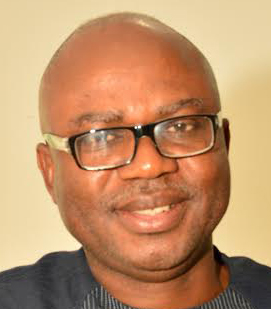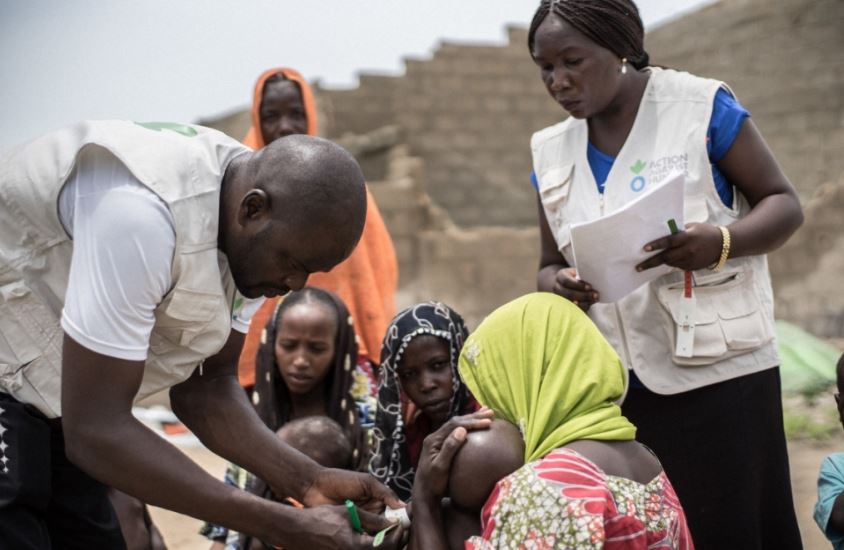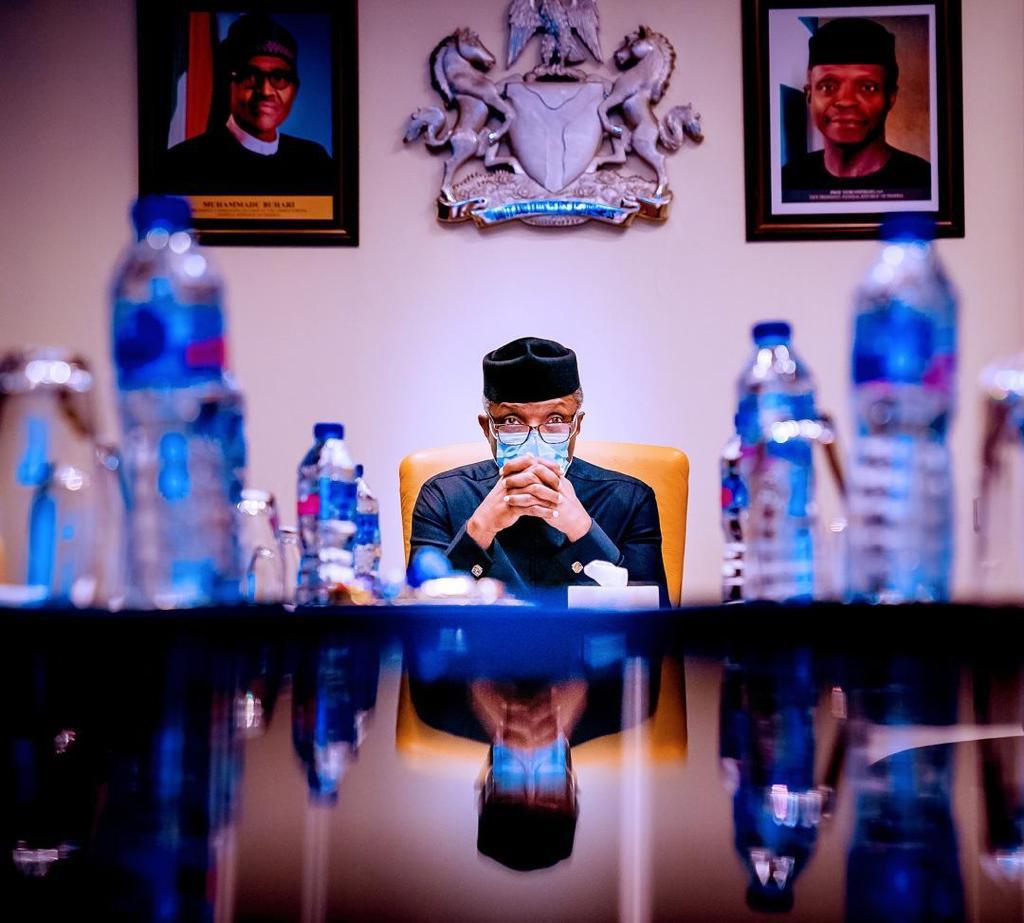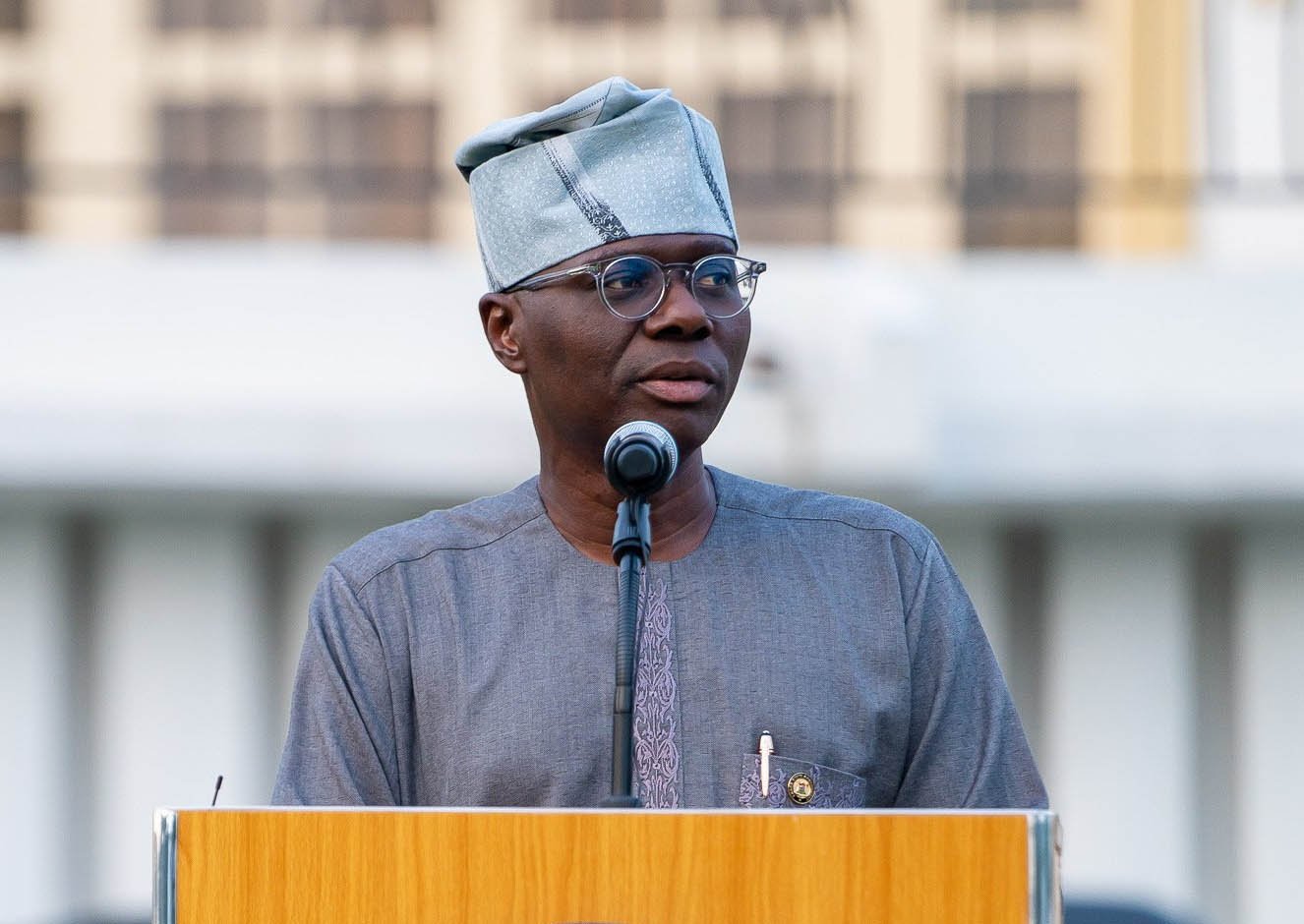You could drive round Nigeria with fresh human heads tucked in your vehicle’s booth and still escape detection at the several checkpoints manned by police, soldiers, road marshals, customs men and even local vigilante. Just keep assorted naira notes in your pocket. That’s why the current restrictions on interstate movement are useless, except that they’ve become money-spinners for supposed law enforcement agents.
They didn’t disappoint me this week. I’d been trapped for six weeks in Abuja but decided to break loose on Monday in order to see other loved ones who might have been starving to death due to state-imposed lockdowns. I had to go by public transport, on learning that vehicles had been moving freely. The only liability was that each passenger had to pay double the normal fare. For good measure, I acquired a face mask and luckily was assigned a seat in the front. The 18-seater bus was filled up, contrary to the impression that they’re allowed to take no more than nine passengers.
We set out at 7am. Travelling to the southeastern part of the country, I expected a hitch after Abaji at the border with Kogi State. ButI picked courage when we met the first checkpoint at Gwagwalada and the driver exchanged jokes with the armed men and handed them a N50 bill. At the Abaji border, they extracted N500 from him.
I kept counting the checkpoints. The driver soon exhausted his N50, N100 and N200 bills and started receiving change from the armed men at checkpoints. Sometimes he begged to be given more change. And they conducted the transactions right before us passengers. The FRSC officials always took much more (N1, 000) after intimidating him with “Where is the manifest of this vehicle?” or “Let me see your driver’s licence.”
Advertisement
There’s no checkpoint our driver failed to grease the palms of police, army or road safety officials. Nobody asked questions about face masks or “social distancing” inside the vehicle. Almost always, I quickly withdrew my body from the outstretched arm of a policeman or soldier reaching for a bribe through my side.
At normal times, it takes a bus seven hours to complete the 490km trip from Abuja to Enugu. On this Monday, however, we spent more than 13 hours because every checkpoint caused a delay. Some kept us waiting for 40 minutes or longer, as the officers struggled to extract huger bribes. At one point, I grew angry and walked to the officers with stern eyes. But they were unmoved. One told me I could call the IG if I wanted.
At the border between Kogi and Benue states, we alighted to be “tested” for covid-19 by NCDC volunteers. The operator pointed an infrared thermometer at each person. Of course, the device tests only one’s body temperature, which means if you had a fever you would be seized and taken to a quarantine centre. None of us tested positive, fortunately. But we wondered if that’s how they get the positive cases they announce on radio and TV every day. Has every sickness accompanied by a fever become covid-19? At the next border between Benue and Enugu states, about 32km away, we met a long queue. We alighted again to be “tested” with the same infrared thermometer. I told them we’d been tested before and there’s no need for another. They said Benue was different from Enugu.
I counted 44 checkpoints before we entered Obollo Afor in Enugu State. The time then was 6:36pm. Enugu city was still about 70km away.
Advertisement
All in all, it’s safe to state that Nigeria lacks dedicated law officers. Armed robbery can’t be curtailed because the real armed robbers are employees of the state who manage checkpoints. Kidnappers are back with a vengeance because they have allies in the armed forces. Boko Haram has not been defeated, 11 years after, because they have informants in the police and armed forces.
My escape from Abuja also afforded me an opportunity to see the way Nigeria fights covid-19. Restrictions on movements end only on radio and TV. Many markets are open. Street shops are open, especially at night. The hottest news at present is expulsion of almajirai (street kids) from Kano to their home states and other states’ efforts to send them back.
What should be done? The people must take charge of their own security. No more, no less. A day or two after my escape, for instance, a luxurious bus conveying over 60 traders from Kano was intercepted at Nsukka. Ordinary people performed the heroic act. Obviously, the travellers had passed 44 checkpoints as I did. After they were captured, the driver of the bus confessed that each passenger had paid N4, 000 bribe at the Benue/Enugu border checkpoint. I guess more vehicles move at night than during the day – the armed men at checkpoints make a killing at unholy hours.
If we must have security, men of the police and armed forces must be indigenes of places in which they work. Currently, most of them live in big cities and work in air-conditioned offices where they rely on doubtful intelligence. Soldiers look forward to election periods for opportunities to display their power among civilians. Naval officers are found in towns with no seas or oceans bordering them.
The politicians who embezzle security votes are even guiltier. Several local government chairmen, for instance, don’t live within their LGA. Most lawmakers at state and federal levels visit their constituencies only when it’s election time. Some state governors virtually live in Abuja and occasionally rule their states from anywhere.Thus abandoned, the people are unprotected and live at the wind’s mercy. They are soft targets for terrorists because agents of the law have migrated to the cities in search of comfort.
Advertisement
Around 1996, the Nigeria Police Force mooted a plan to transfer all its men from the rank of constable to inspector to their hometowns or LGAs. Like almost every other policy of government in this country, it was soon abandoned. Debates over state police are still ongoing – some lawmakers mention it sometimes. Yet, almost every family in major cities has police called “Mallam” or “security man”. Every community has “vigilante” or enjoys the services of a private security firm. Could another country be more hypocritical?
Buffeted by terrorists and kidnappers, Nigeria suddenly announced that it was approving community policing. The piece of news was conveyed by President Buhari to the inspector-general of police in May 2019. One year after, whither community policing? Policy flip-flops every day!
Before covid-19, there were discussions to give “state police” a try. Citing insufficient manpower, police announced plans to engage special constables, ages 21–50, to work with conventional policemen in communities. The plan, they said, was to recruit 15,000 to 25,000 physically fit and gainfully employed men each year for five years. State governors were said to have agreed, and the recruitment was expected to start in Kaduna and other northern states where the traditional emirate and district structures support the system.
How will it be implemented? What’s new? The first announcement by police IG Mohammed Adamu showed it won’t work. Police spokesman Frank Mba was reported as saying that undercover operatives being deployed in states would be expected to infiltrate crime gangs. “Part of the job of the undercover operatives is to track illicit arms and their sources, disrupt the flow of arms and assist in mop-up operation, knowing full well that firearm is the oxygen that fuels insurgency, banditry and kidnapping. If the undercover operatives failed in their primary roles (of preventing arms flow and commission of crime), they could help in following up and arresting the gang members.”
Even before taking any step forward, they were giving information that should have been kept away from criminals. You can bet on their failure. It’s another merry-go-round.
Advertisement
What has happened to intelligence gathering? Why don’t we have security in spite of the myriad agencies and the trillions of naira appropriated as security votes?
The bottom-line is security.When security agents are posted to their own hometowns, they will work effortlessly. They won’t allow criminals to harm their loved ones. They won’t accept N100 bribe at checkpoints only to let covid-19 carriers get into their communities.
Advertisement
Nwamu, an entrepreneur, is the CEO of Eyeway.ng
+234-8054100220 (SMS/WhatsApp only)
Advertisement
Views expressed by contributors are strictly personal and not of TheCable.







